
Biodiversity and green spaces
We value our green spaces more than ever, as they provide a host of wellbeing benefits for our residents and surrounding neighbourhoods.
Green spaces are important for flood risk reduction, summer cooling, biodiversity, food growing, air cleaning and capturing carbon. Since the 1970s, 56% of our wild plants and animals have declined ^.
This comes partly down to loss of habitat as wildlife is losing its home and sources of food and water. Urban development has increased, meaning there’s less space for nature.
Climate change is damaging the habitats that are left. This is not only critical for wildlife, but for us too. As a housing provider we need a green infrastructure to help reduce overheating, prevent flooding and trees help to reduce air and noise pollution.
Improving and increasing biodiversity and open spaces, and having access to community space is also important for residents.
We’ll co-create with residents on their local open spaces and work closely with them on community projects such as tree planting, allotments and sensory gardens.
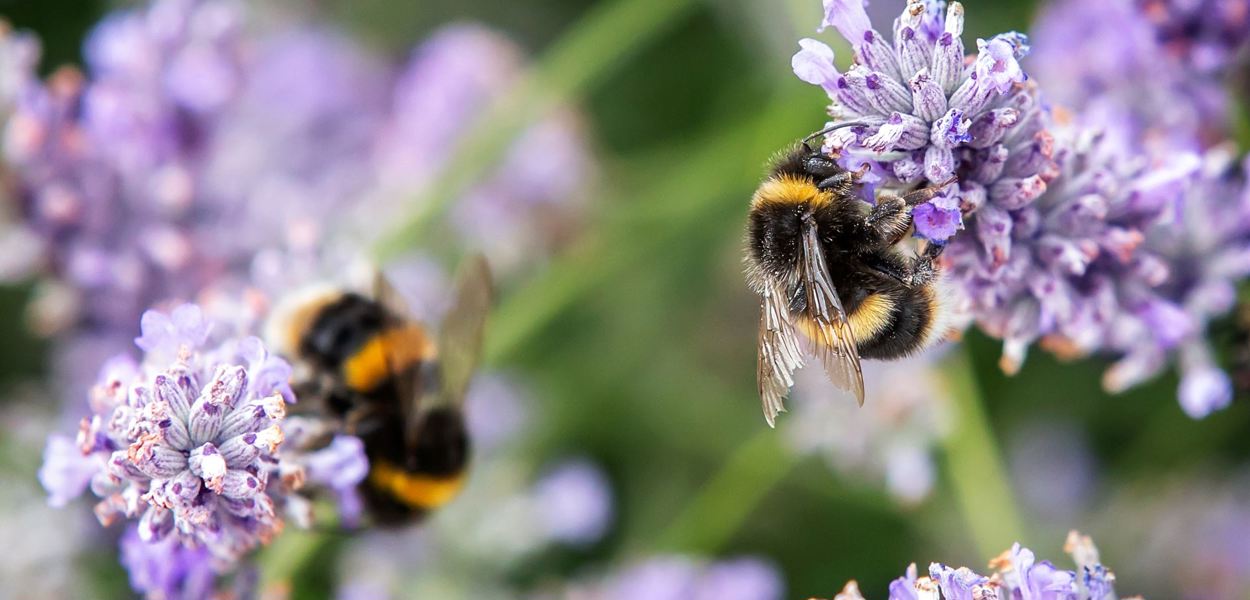
Biodiversity Pathway to 2030
We’re proud to have launched our Biodiversity Pathway to 2030 document, co-created with our residents.
Our pathway outlines our biodiversity plans to 2030. It includes detail around how we’ll promote nature recovery across 12% of our land portfolio such as woodland, grass and shrub areas, green roofs and waterways, covering 150 square hectares.
Read more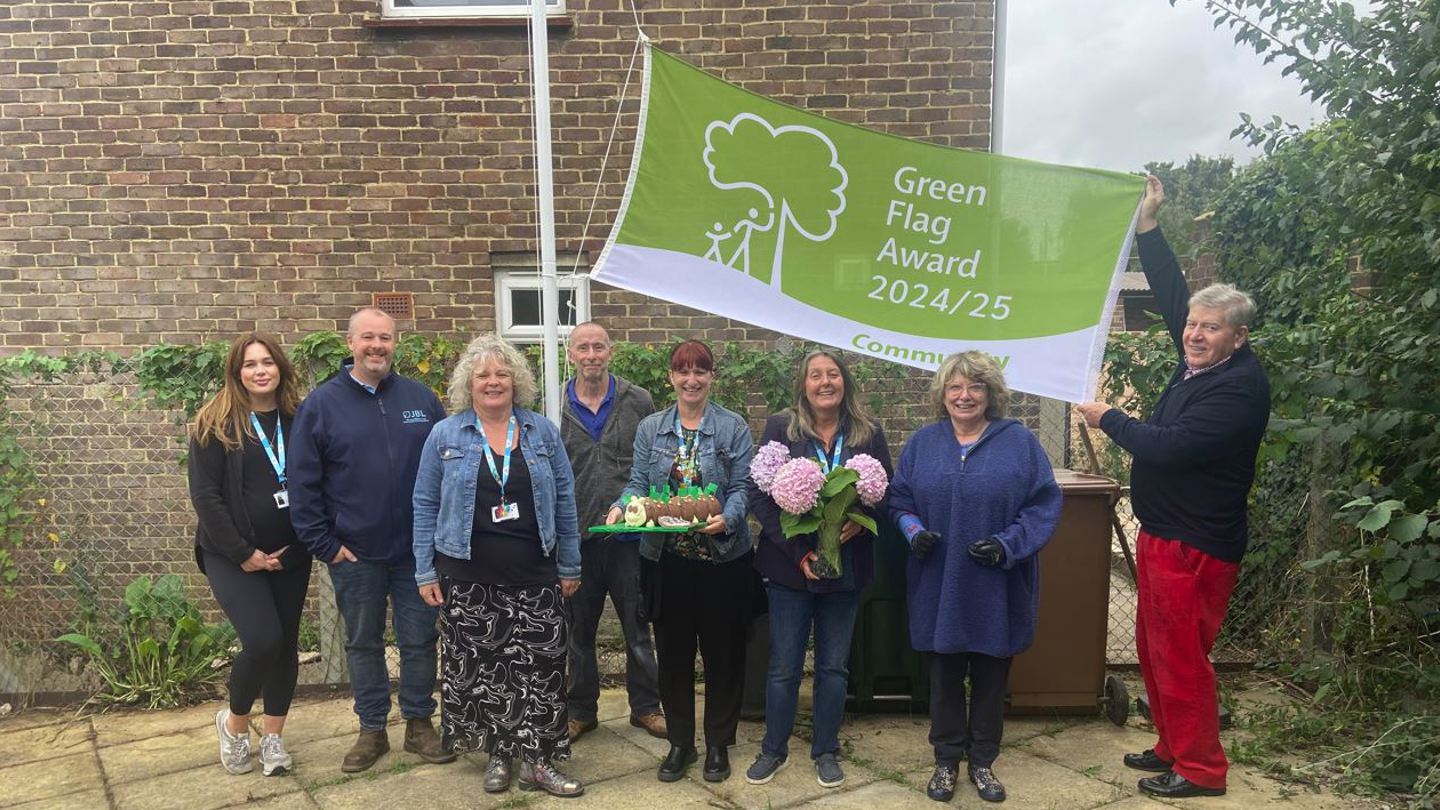
The Bob Fowler Community Allotment achieves Green Flag Award
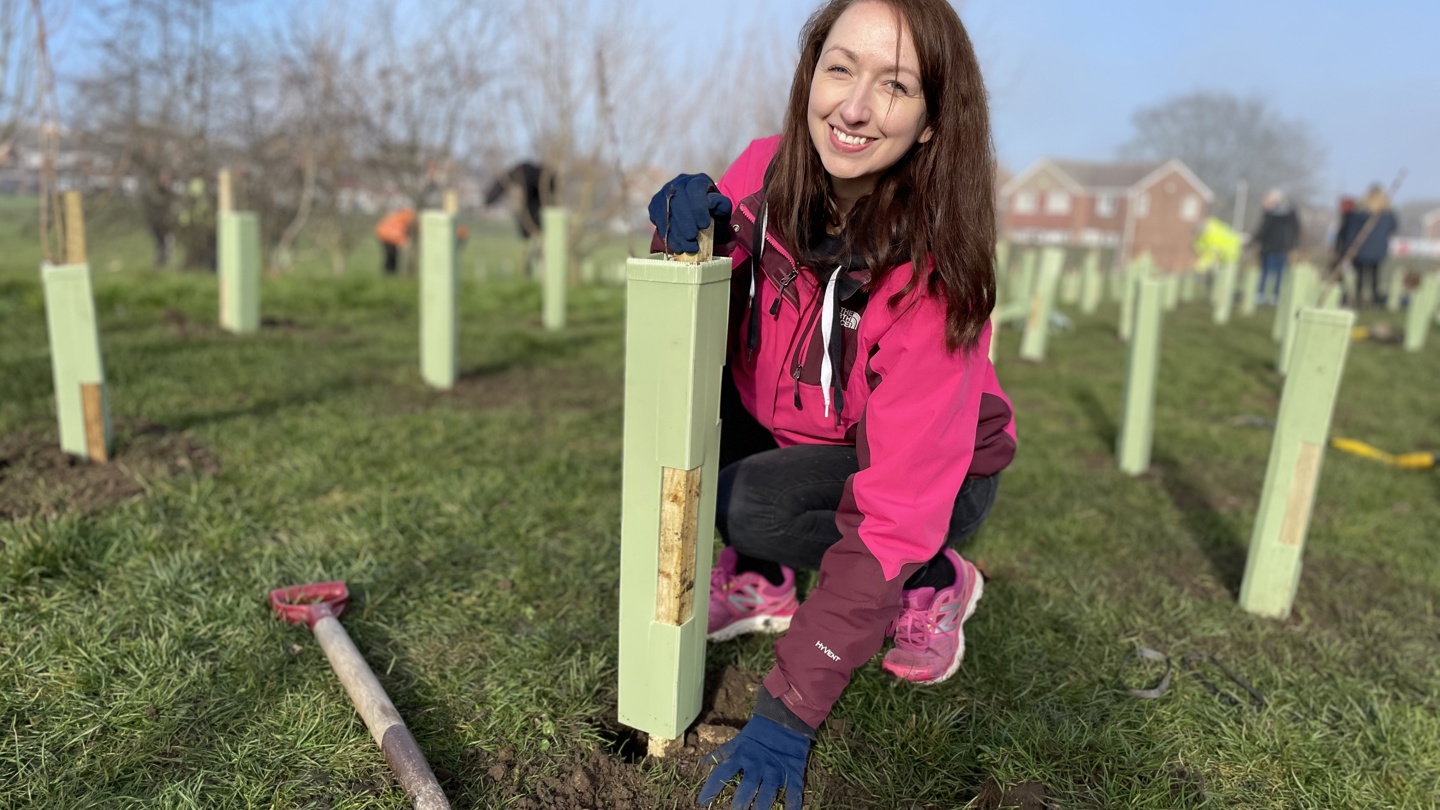
Tree planting at Milton Regis
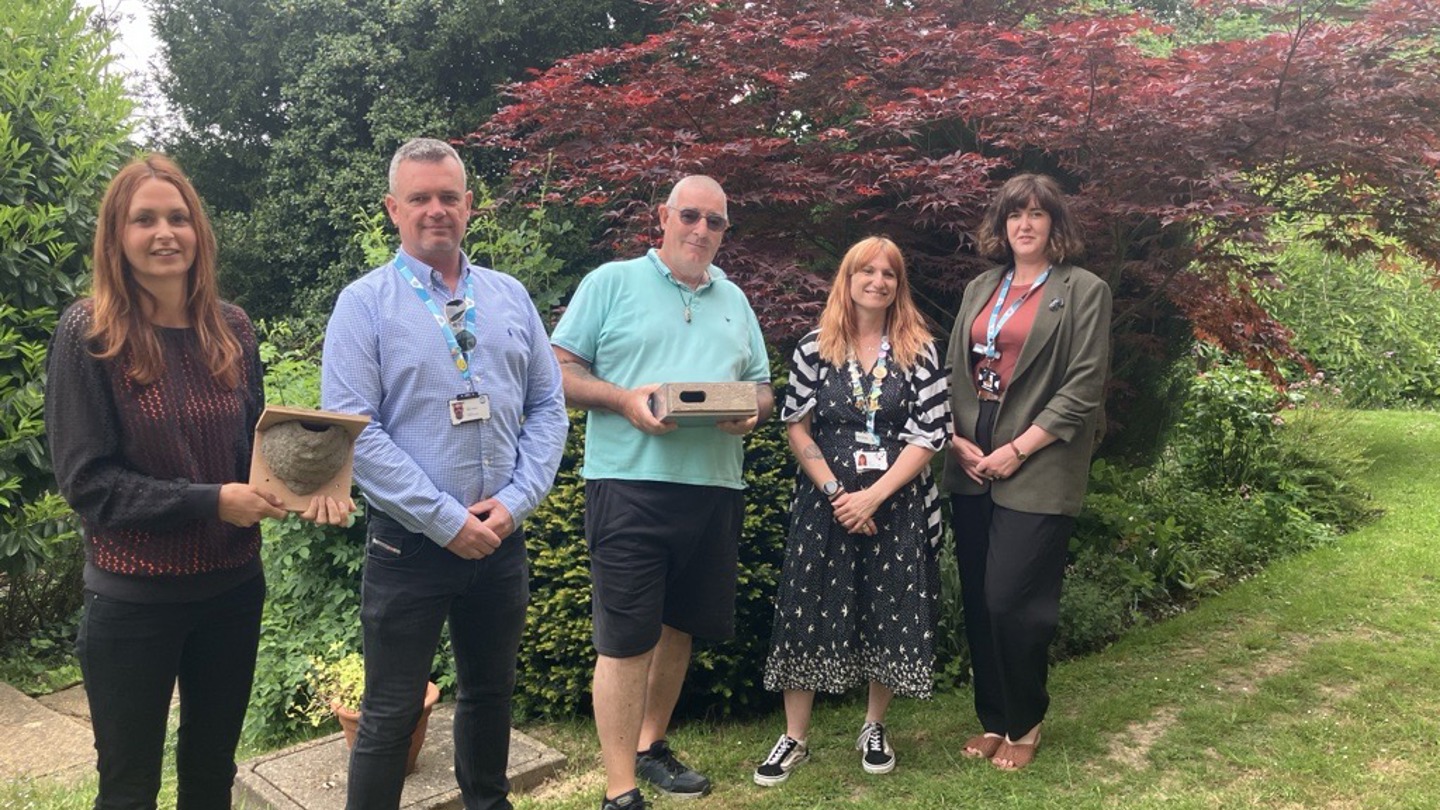
New nest boxes for swifts and house martins in Hastings
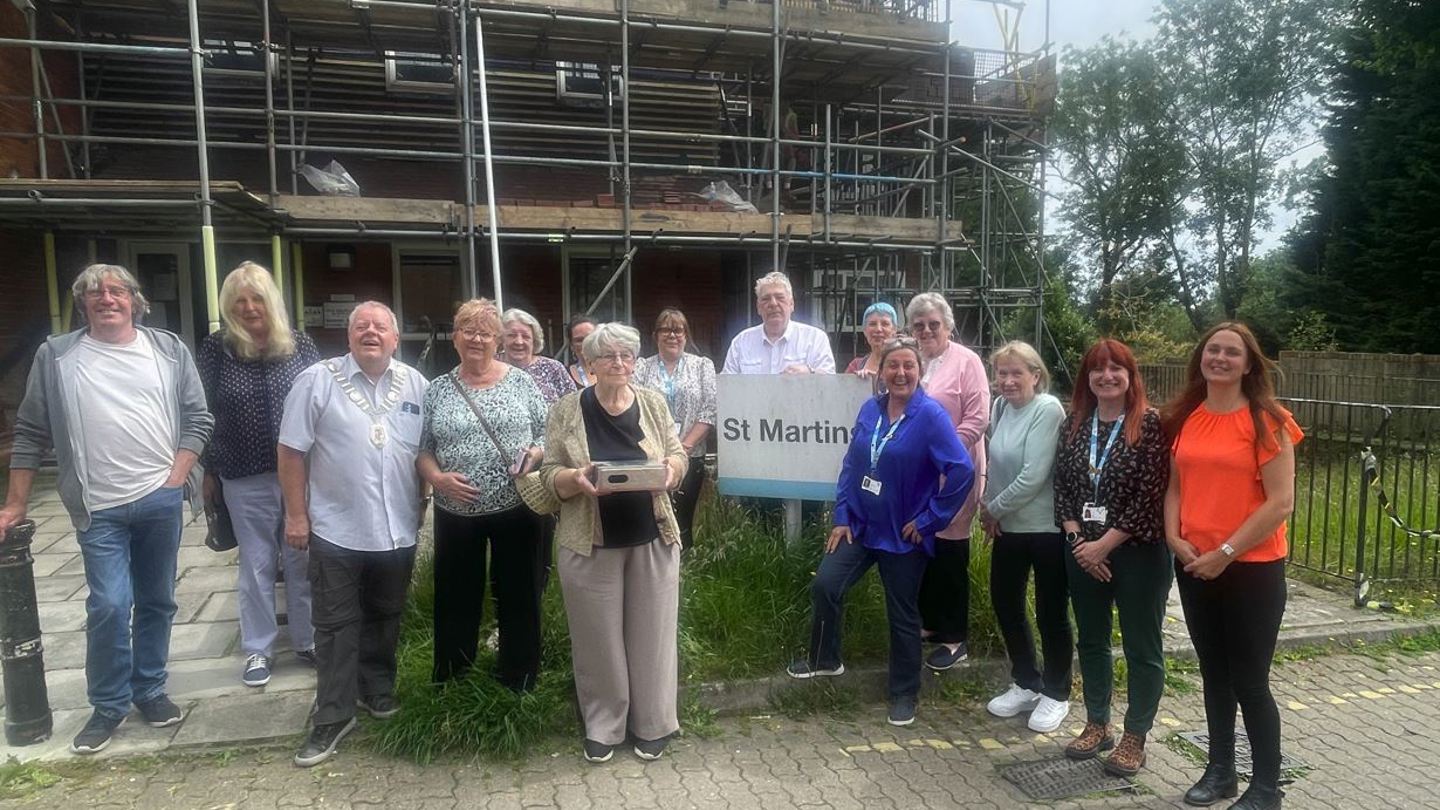
Fitting Swift boxes at St Martin's, Battle
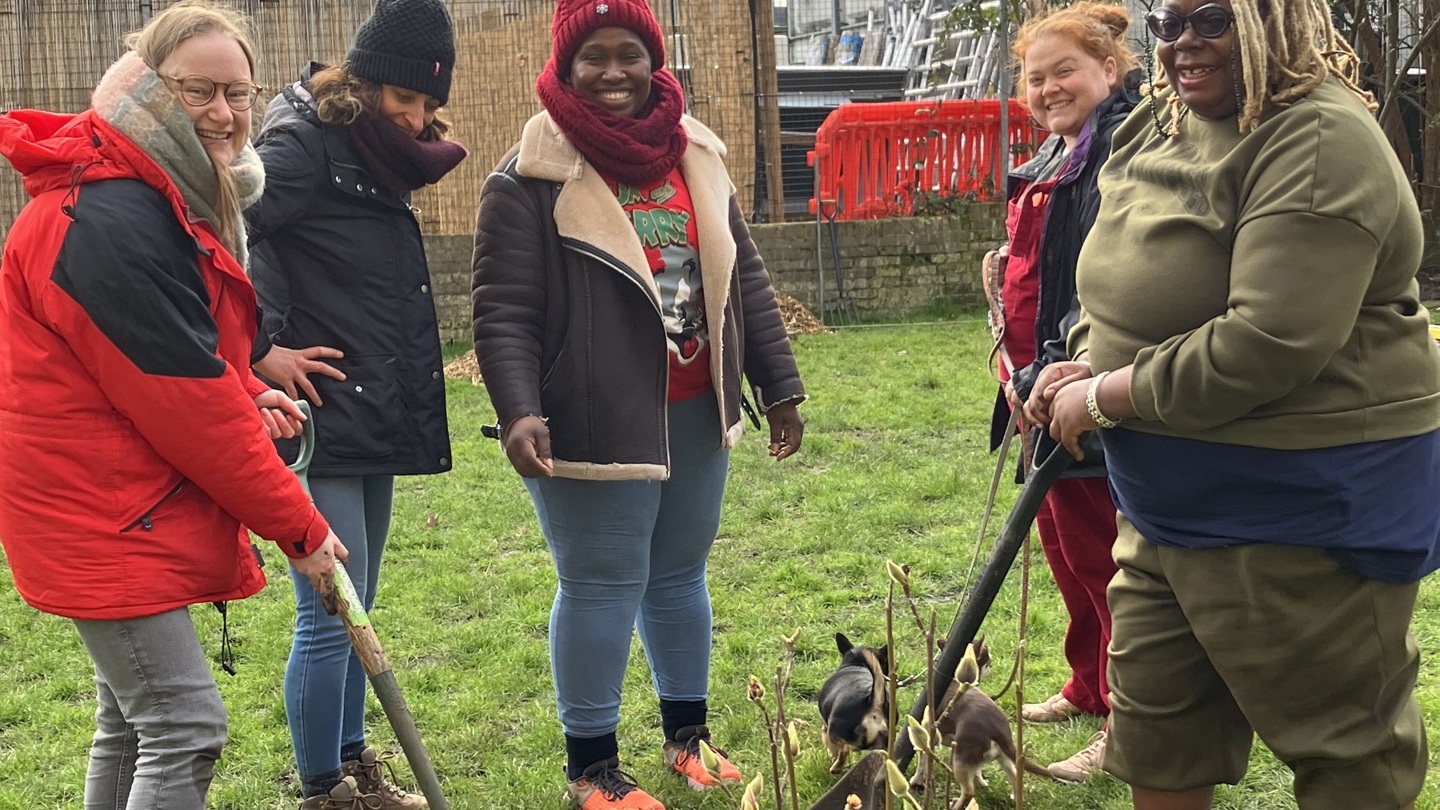
Tree planting at Morrissons House
Our news
All Articles

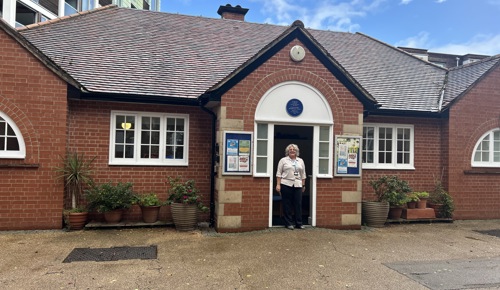
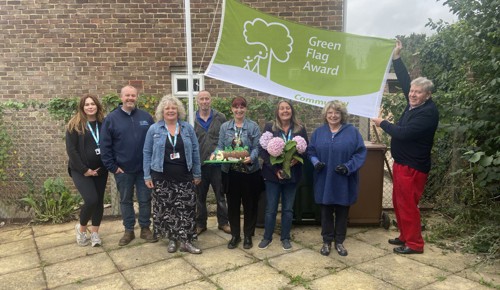
- 02 October 2025
- Sustainability
Community Roots: Second Green Flag Award for Community Allotment
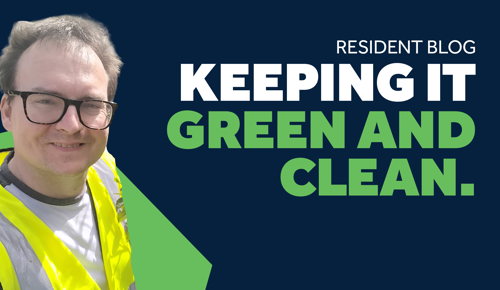
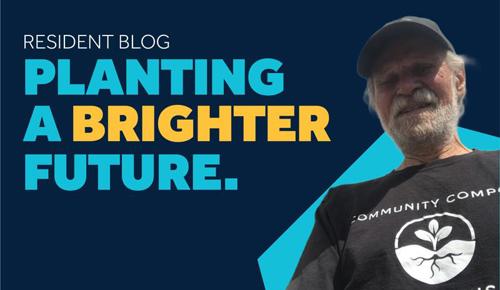
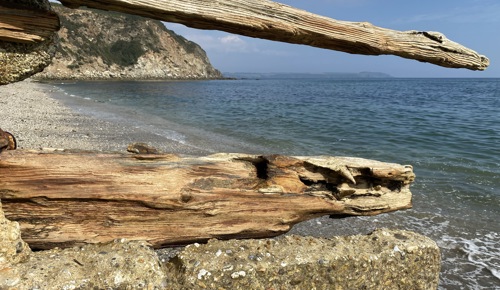
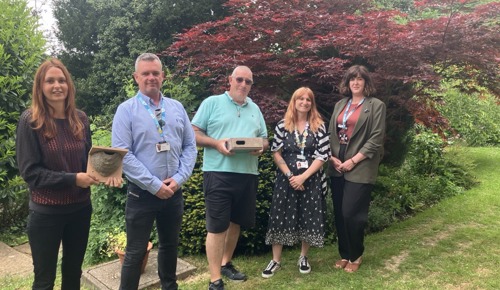


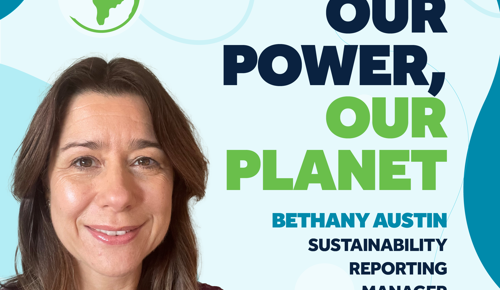

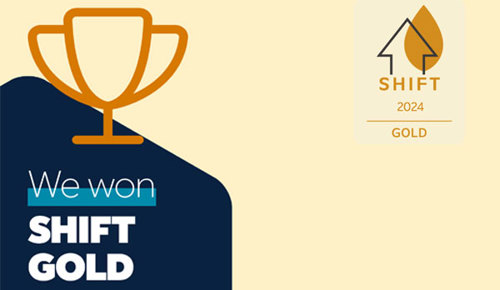
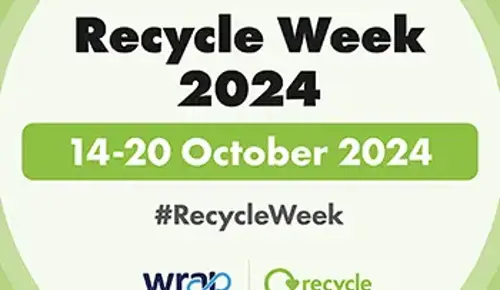
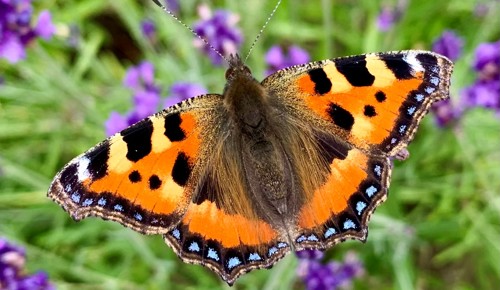
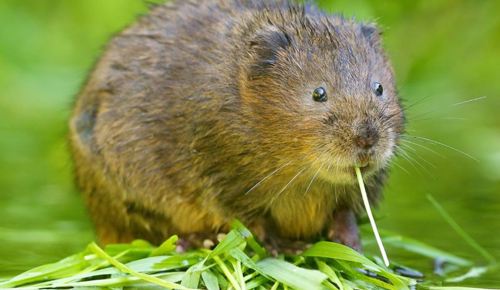
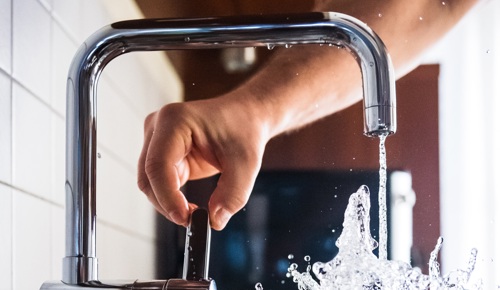
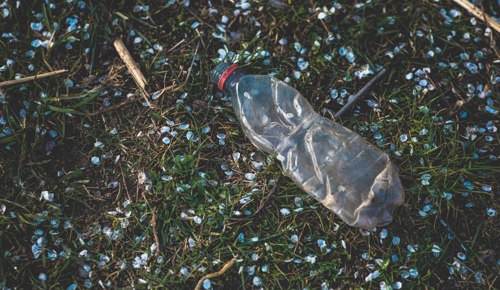
- 02 April 2024
- Sustainability
It's Earth Month - Waste Reduction: Small Changes, Big Impact
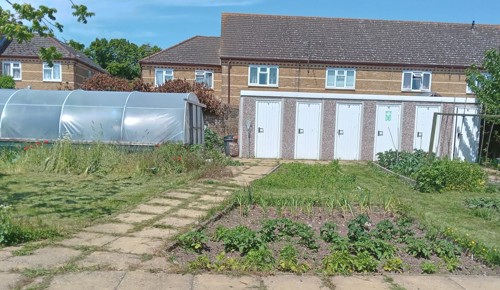
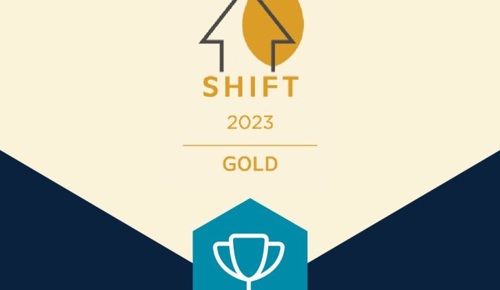
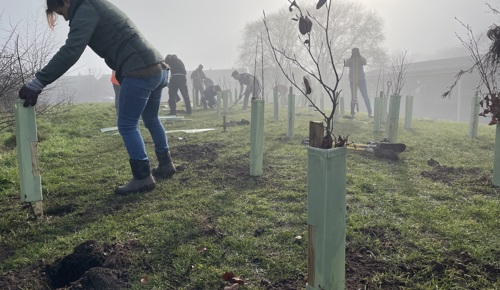
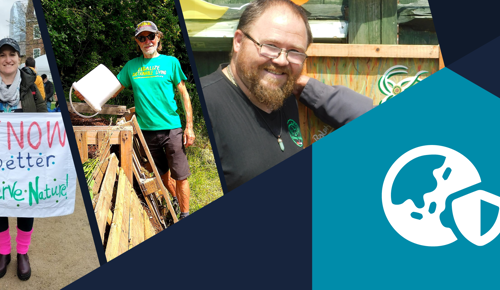
- 02 November 2023
- Sustainability
Our Climate Champions Shine Bright on the 2023 Climate Champion shortlist
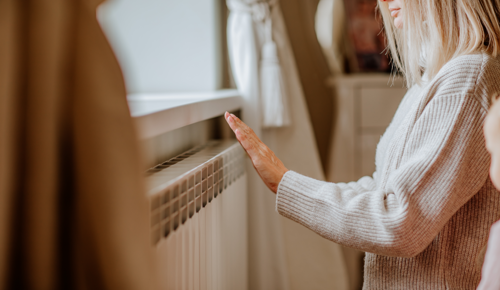
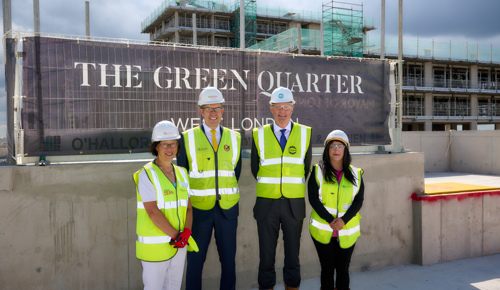
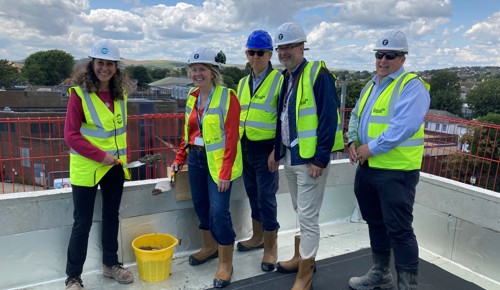
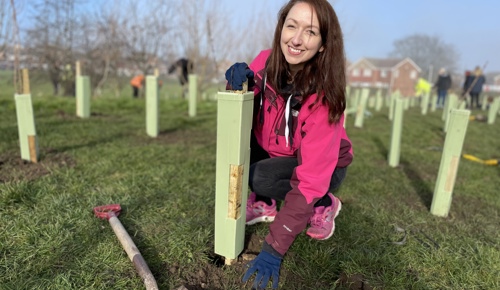
^ Source: Wildlife Trust.
